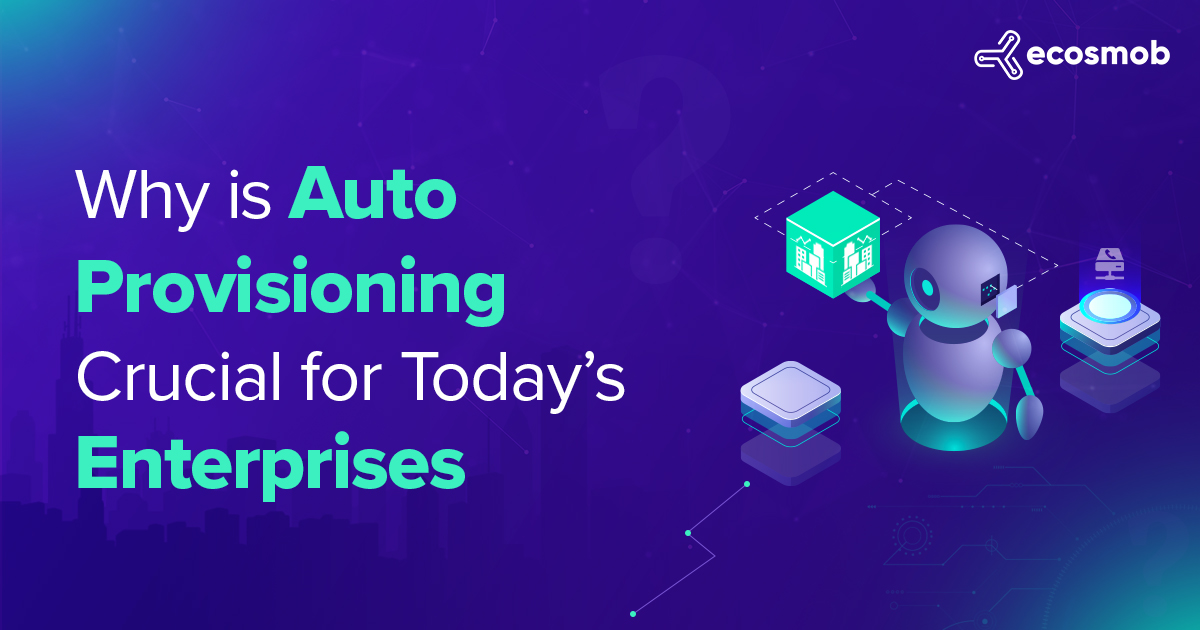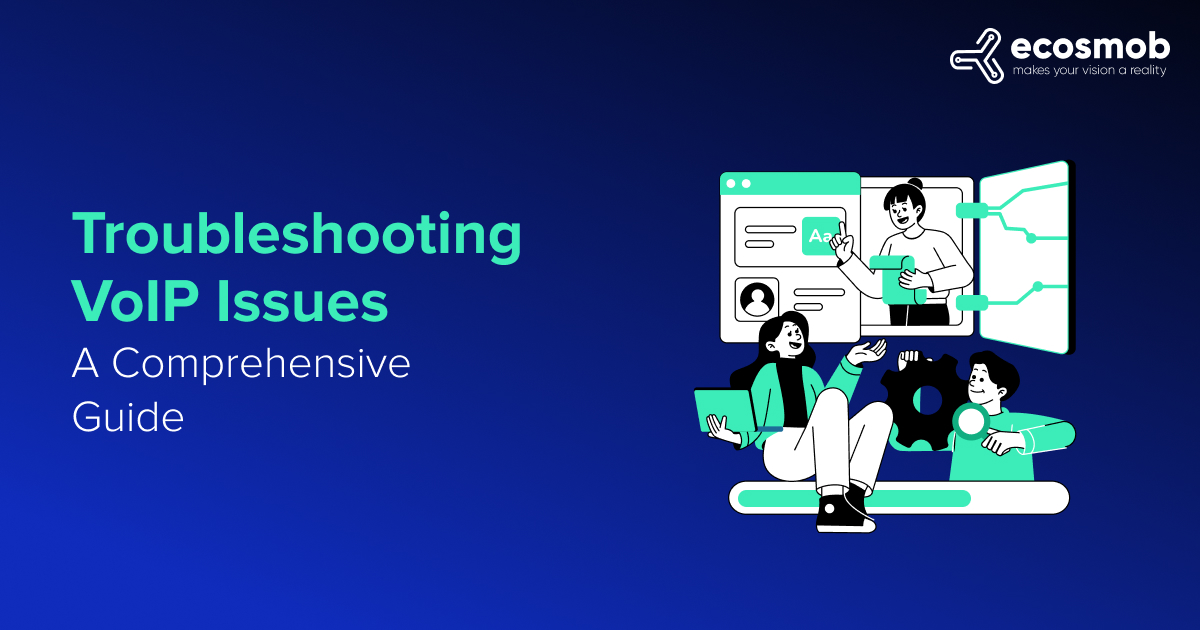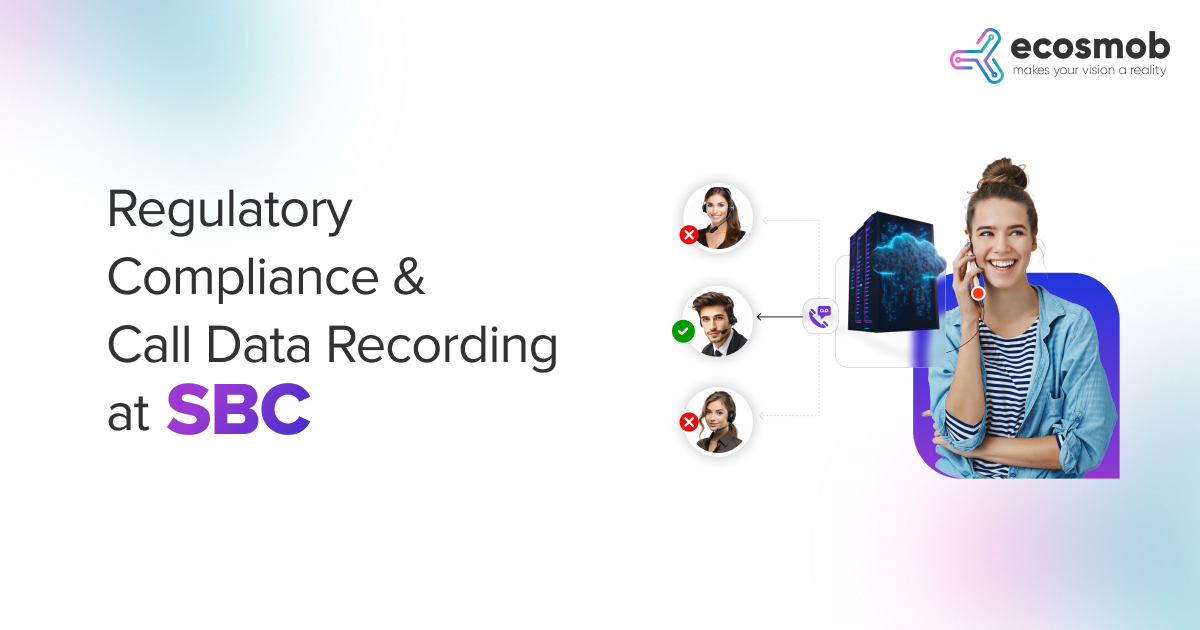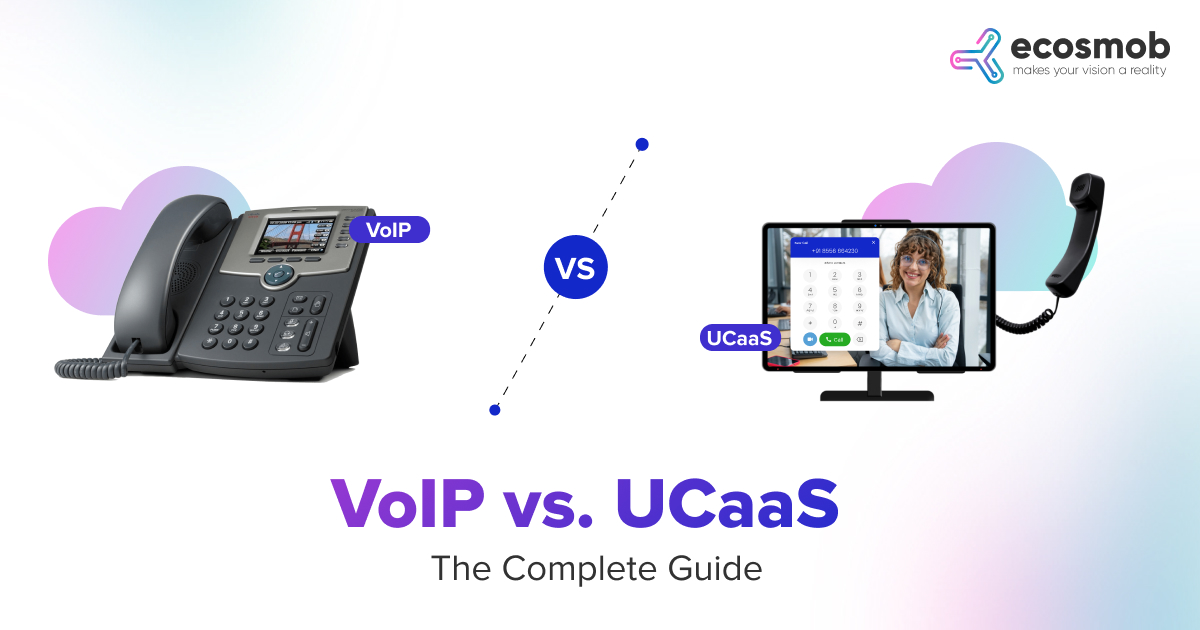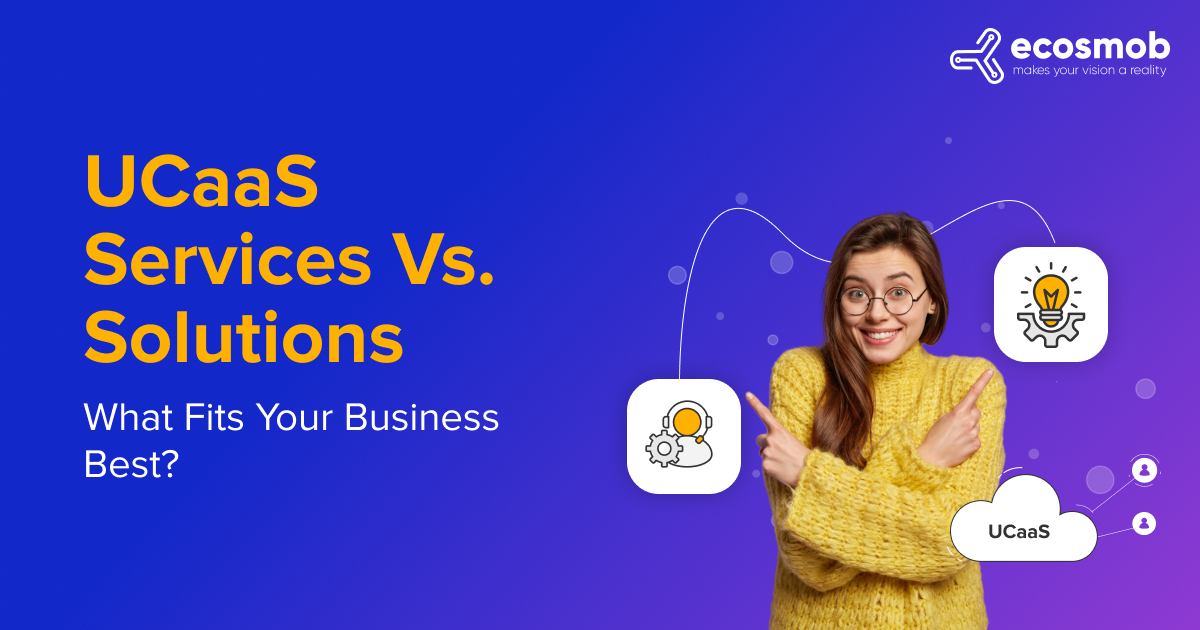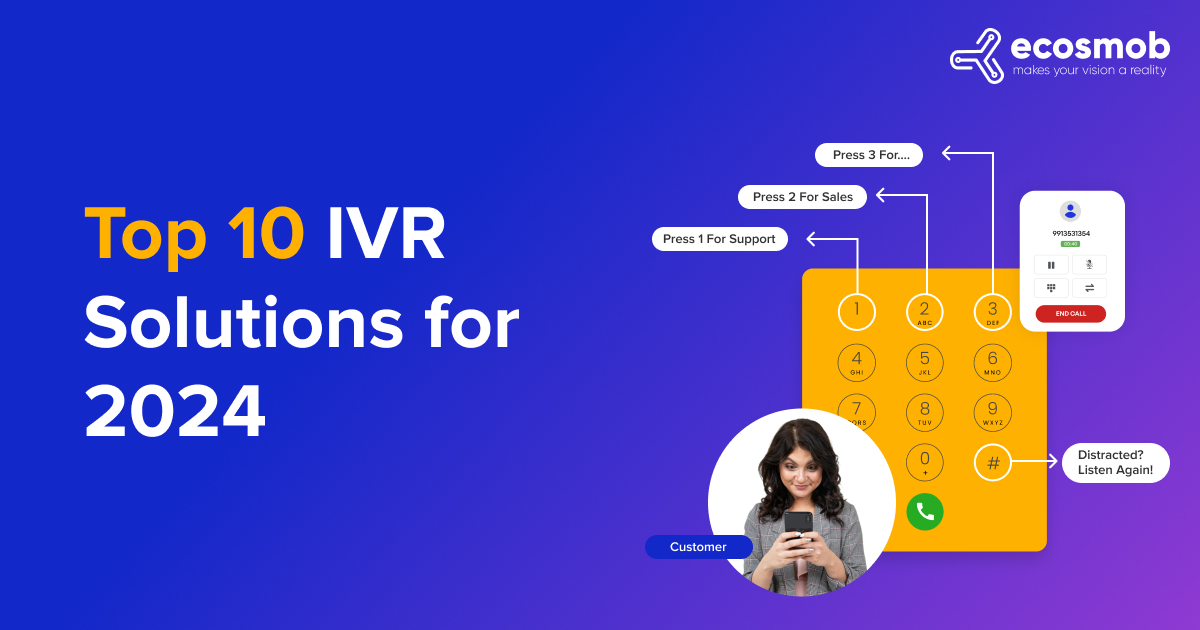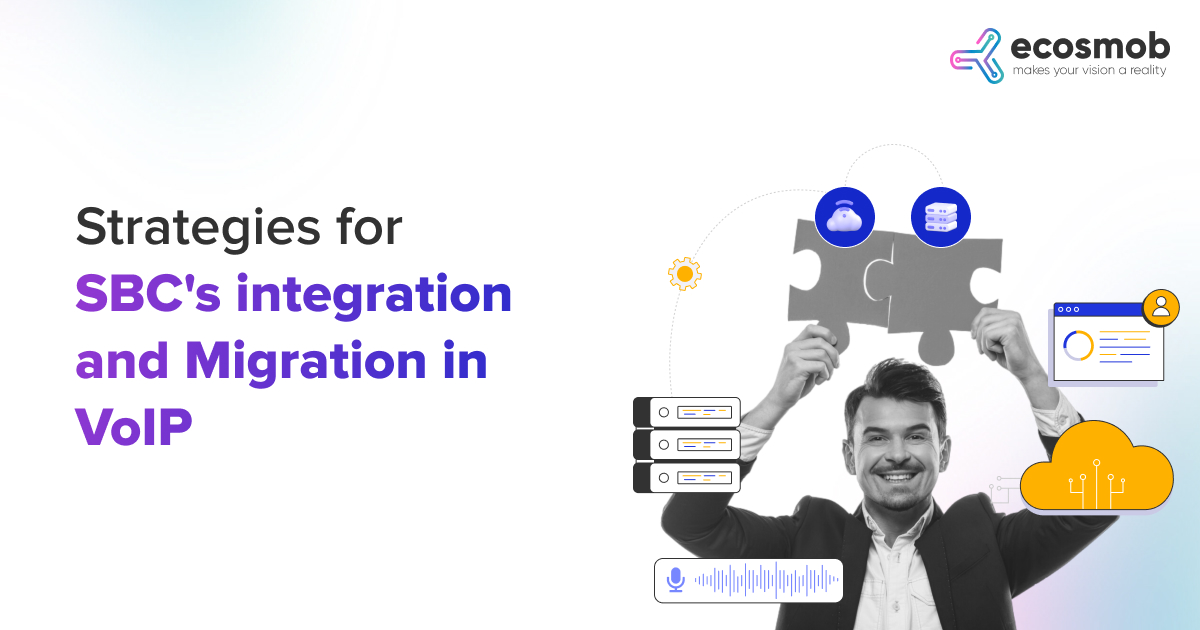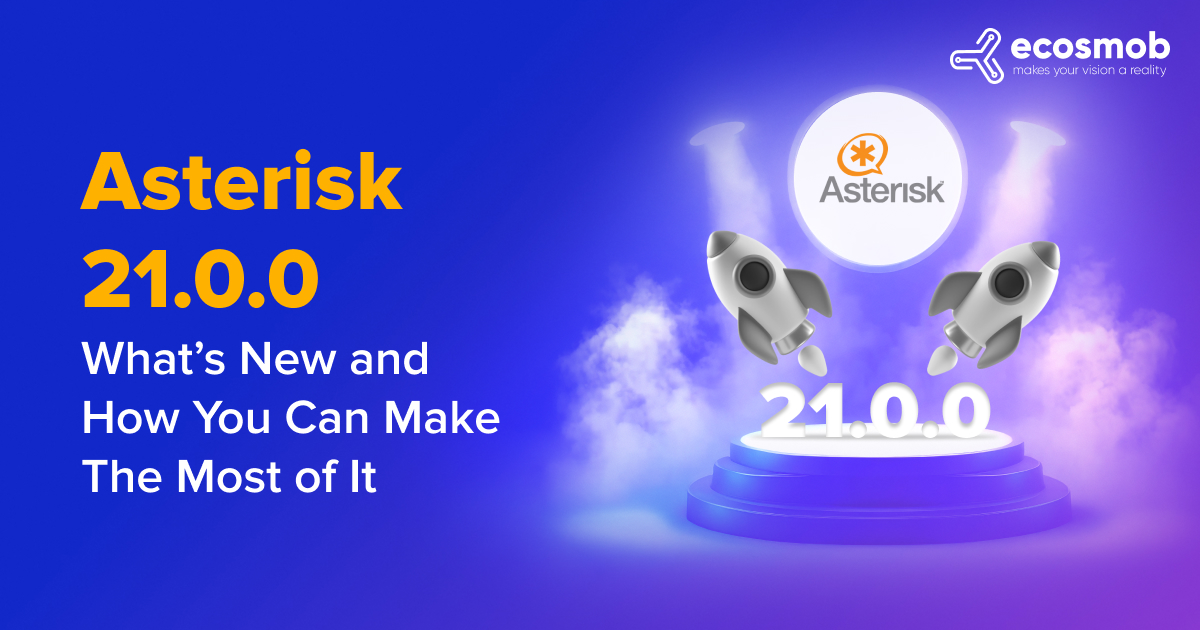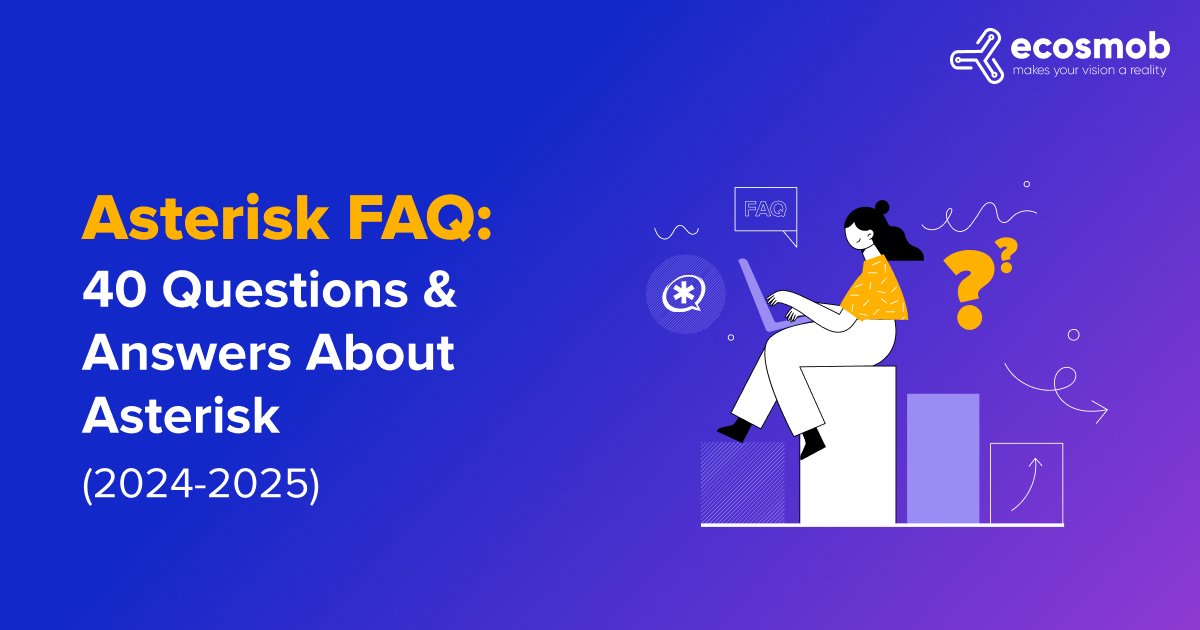What is Auto Provisioning?
Automated provisioning or automated user provisioning is simply the use of automation to streamline a process that will not require human intervention in the future. The capacity to send data innovation information or telecommunications using predefined methods in real-time is critical for any business to respond faster to access requests by employees, managers, and clients alike.
Unlike manual provisioning (which is a thing of the past), which requires a lot of time and the constant presence of engineers, organizations have moved to automated provisioning DevOps to facilitate a flexible system with dynamic resource allocation across the enterprise. This allocation is critical to delivering innovative services in a shorter period.
Auto provisioning facilitates the deployment of IT and/or telecom services instantly through a software application, rather than manually per device. This type of distribution is most helpful in deploying large quantities or services that need advanced configuration. A classic example is an internet service provider that will have to manage scores of users from multiple clients. In this case, an automated provisioning solution system can save time for both its engineers and users.
Auto-provisioning comes with pre-defined instructions and procedures that can be carried out electronically to provide customers with speed and instant access to required data. This highly scalable activation solution addresses the multi-services needs of softphones and IP desk phones to accelerate business and productivity. Auto-provisioning is emerging as a go-to tool for most enterprises.
How Automated Provisioning Works
It is a given that auto-provisioning infrastructure works equally well as a phone-provisioning solution. Taking the route of remotely setting up VoIP business phone systems at multiple locations in bulk. A single intuitive cloud phone service platform can then be used to connect all remote set-ups.
It is essential to identify the best available tools that work with your existing platform to establish and enable the automated provisioning capability of your system. Synching your enterprise goals with automated provisioning DevOps will help you achieve them in the near or long term as desired.
In simple terms, auto-provisioning solutions consist of plugging in the phone for it to contact a provisioning server that will be housed in your service provider’s data center. Utilizing the unique identifier is also known as your phone’s media access control address. The server will use the MAC address of your phone and prompt the phone to download appropriate provisioning files that contain your phone’s configuration, including the username, password, proxy server, time zone, and so on.
A structure like this saves the enterprise carrier expenses and efforts into programming an IP phone to connect to their servers. In recent times, several firms have switched over to this approach to modify the configuration files at their end without having to log into your phone to resolve any issues. You can restart your phone, and it will save and use the new configuration files after the alteration of the configuration.
However, one has to keep in mind that this technology, like all others, is not infallible. There may arise serious security concerns as the VoIP server remains open all the time to accept inbound requests from all connected phones. Technically sound individuals can hack into the available server and gain access to the configuration files leading to fraudulent activity on your account. Engaging an experienced service provider who can track and resolve such security breaches may be the best bet for your enterprise.
Enabling technologies in cloud computing, monitoring tools, and deployment tools is essential to make the automated system work. These will also help battle the security concerns with phone provisioning solutions or automated user provisioning.
IT experts stress the importance of Cloud in the auto-provisioning arena. The first step can be to identify available tools for your existing Cloud strategy. A suite of secondary tools and processes must be established by enabling the automated provisioning capability.
Why is Auto-Provisioning Important
Auto-provisioning solutions have become critical for most enterprises, especially those into IP telephony services, due to the speed and agility of responses and efficient operations. Automated provisioning software solutions will undertake several tasks like assigning IP addresses, DNS configurations, tie-in permissions for several categories of employees and clients, and so on, explicitly designed to help enterprises integrate their entire work infrastructure.
Automated provisioning and deployment of fully autonomous infrastructure can reduce the infrastructure provisioning time from weeks to days, providing significant benefits to IT organizations and business users. However, at the backend, it is essential that the developers and engineers realize that automated provisioning requires addressing the complete end-to-end workflow, from business requests to service activation, which involves technology, people, and processes, which need to be fool-proof considering these will have zero human intervention once up and running.
Auto-provisioning also plays a vital role in the onboarding and offboarding of employees. This system makes it easier to grant access and permissions to different employees in your workforce. Unlike manual provisioning, where it took days for the HR department to assign tasks, devices, device permissions and create login data and applications, these tasks can be completed literally at the click of a button. Thanks to auto-provisioning, the process, once set up, is streamlined and seamless, with no human intervention required.
Automated user provisioning is also critical since different roles and responsibilities and day-to-day tasks to be assigned to additional employees can be done in one fell swoop without wasting hours on end to set up these processes manually. The system holds water even for IT updates that need to be made across the organization. Various tools are readily available to help enhance operations and make them more efficient and seamless.
Benefits of Automated Provisioning
Automated provisioning solutions are becoming increasingly popular because they make tedious, long-drawn tasks easier. While establishing a new work environment or migrating from manual processes to those that require zero human intervention, the process ensures that no single component gets overlooked.
Let us look at a few benefits of automated provisioning:
1. Saves Time
Since the processes need not be manually repeated each time, the one-time setup of sending out and implementing IT updates, device permissions, or employee assignments saves time and effort, which can be utilized for more critical tasks.
2. Streamlined operations
Auto-provisioning reduces the need for administrators to manage a score of application accounts as most of them are on auto-pilot mode. All functions are integrated into one central system that can be monitored as and when required.
3. Minimal errors
The essential task of automated provisioning is to eliminate manual procession or human intervention; the chances of errors are almost zero.
4. Compliance
Provisioning for different levels of access and permissions keeping in mind your organization’s data security, your business can comply with regulatory policies by keeping a trace of account activity. Compliance with essential policy measures helps your organization build a reputation and relationship with clients.
5. Onboarding
Automated provisioning can keep HR departments of large enterprises from being heavily burdened by the onboarding process. The IT department can set up a one-time process for onboarding new employees, thereby saving hundreds of hours of manual effort.
6 Cost-efficient
Optimized and diverted expense in more critical areas if manual processes can be eliminated by migrating to automated provisioning solutions.
7. Accuracy
Automated provisioning improves accuracy as there is barely any manual intervention in the entire process. Automated processes ensure that the required attributes are mapped correctly and later assigned to their appropriate sub-process.
8. Scalability
Run by predefined workflows, auto-provisioning is quite scalable. Migrating from a manual process to an automated workflow helps you scale your IAM (Identity and Access Management) platform at the same pace as the growth of your business.
9. Optimized Performance
A known fact is that human factors cause many network outages. Automated provisioning eliminates manual processes, which is an effective way to prevent network vulnerabilities and boost overall performance.
10. Agility
Automated provisioning solutions help speed up service rollouts, giving more time to create new, value-added service offerings.
Auto Provisioning is the future!
Like any other technology, automated provisioning is still emerging. The benefits of Auto Provisioning cannot be discounted in the present-day scenario. Automation saves developers and engineers time, tedious tasks that eat away thousands of man-hours, and tremendous effort to repeat processes manually. Automated provisioning is faster, more scalable, and more secure, allowing you to build more predictable and reliable workflows.
Even as the technology is emerging, implementations and reports show that effective automation is bound to become a real asset for businesses that otherwise spend a lot of resources on workplace processes. It will be interesting to see how auto-provisioning will help newer technologies using protocols that will bring together clients (device, system, or app needing the monitoring resource) and servers (the resource itself) in one place.
If you want to know more about the importance of Auto Provisioning in your enterprise than call on +91-7778842856 (INDIA) / +1-303-997-3139 (USA) or write to sales@ecosmob.com
